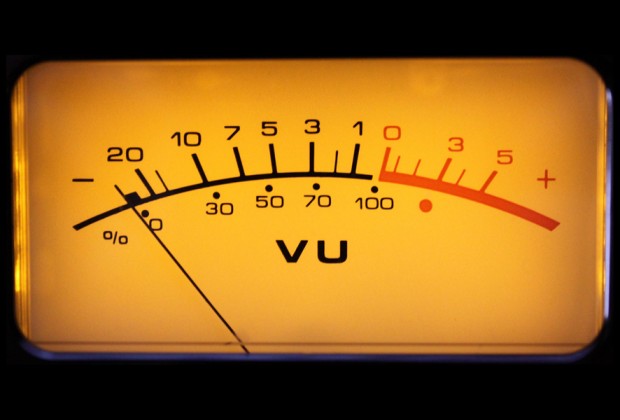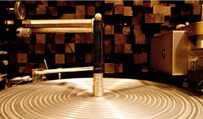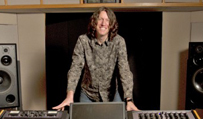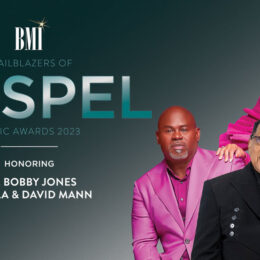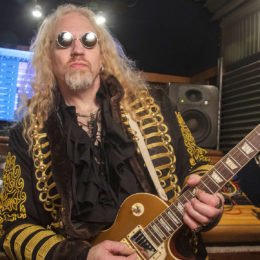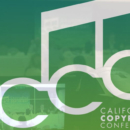
Steve Hall
Company: Future Disc LLC
Clientele: Barry White, Tom Petty, Madonna
Contact: via futurediscsystems.com
Hall studied electronics in college and started as second engineer with Whitney Recording Studios in Glendale, CA, at the dawn of the ‘70s. Early clients included Disney and Barry White. One day when the Neumann VG66 cutting amplifier went down, he was able to bring it back online. As a result, the studio decided that he should learn how to master. Steve Hall continues to learn new things daily in this constantly evolving field.
What are the biggest challenges facing emerging mastering engineers?
Competition. When I started, there were probably a couple dozen mastering engineers in the entire country. Now there are a few hundred reputable guys. There are probably thousands doing it around the world. Attracting business can be a challenge. I’ve got engineers who will add a plug-in at the end of their [mixing] chain and call it good enough.
What are the best ways for artists to cut costs when it comes time to master?
The biggest thing you can do is try to get your mixes right in the first place by hiring somebody who knows what they’re doing. The other thing is to make sure that you deliver a mix that is ready to go and not slammed to the walls. In the worst case, send me a file––AIF or WAV––and I can tell what needs to be altered or tweaked.
Have you ever had a difficult relationship with a mixer? If so, how did you handle it?
That’s tough, because you’ve got to let them go where they want to go. It’s their project. I’ve had a few circumstances where the producer or engineer wanted the thing hammered as loud as it could be. I fought them the whole way and finally gave up and said, “Okay, here you go. It is what it is. It’s against my recommendation but if that’s what you want…” That’s about all you can do. You can offer your best critique, your best advice, but ultimately it has to come down to the artist, engineer or producer because it’s their project.
What’s the difference between cutting a vinyl version of a CD and actually mastering tracks specifically for vinyl?
There are a lot of things that go into mastering vinyl. You have elliptical equalizers, which mono the bass. That makes the record more trackable on loud left or right passages where the bottom end may go hard to the left or hard right. That needs to be kept in the middle so that the stylus doesn’t go up and down but from side-to-side, which keeps the record from skipping. It’s important to monitor sibilance and things like that because of the curvature of the playback stylus. If you’ve ever listened to a record from the first cut to the last, you’ll notice that there is not near the dynamic high-end information on the inside of the disc as there is on the outside.
What are the advantages and limitations of doing projects solely online?
The advantages are that I’m very efficient with my time. I don’t have to explain every move. That was always one of the most frustrating things. When you do this for as long as I have, you don’t even think about some of your choices. It becomes automatic. If you spend tons of time explaining them, it runs up the tab. However, the advantage of having clients in the room is that you have instant input. An artist can tell you if they don’t like the sound of something.
Are all engineers able to master for vinyl?
No. Only the engineers who mastered for vinyl [originally] can do it. They’re a dying breed. We lost Doug Sax this year. He was probably one of the greatest vinyl mastering engineers of all time. It’s a learned process. There’s no way you can stand in front of a lathe and start cutting vinyl. You have to understand the limitations of the playback stylus, bottom end, vertical stereo information with low-frequency information and how that affects the whole cut of the disc. Things are EQed for vinyl differently too, because of the loss of high-end information towards the center of the disc.

